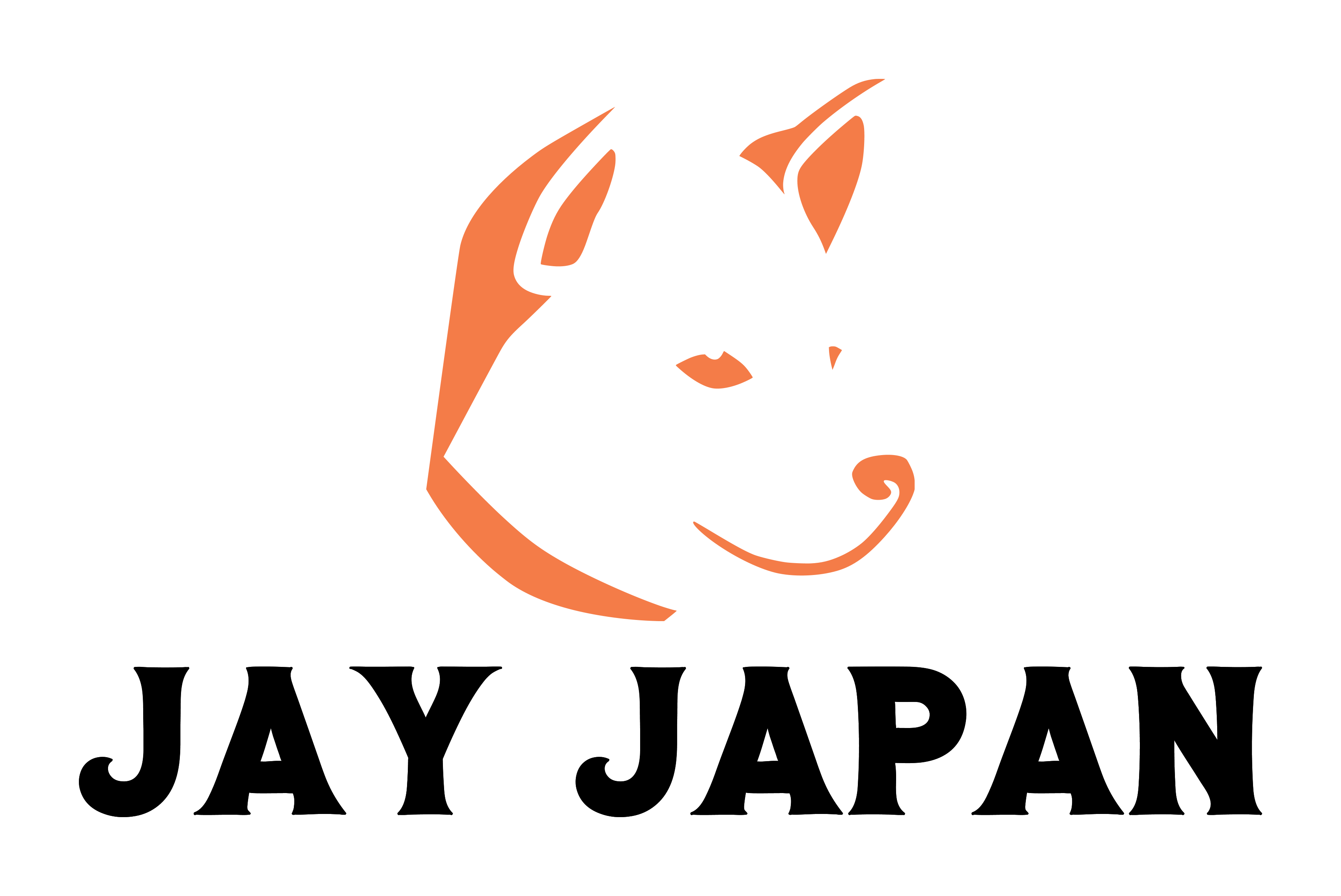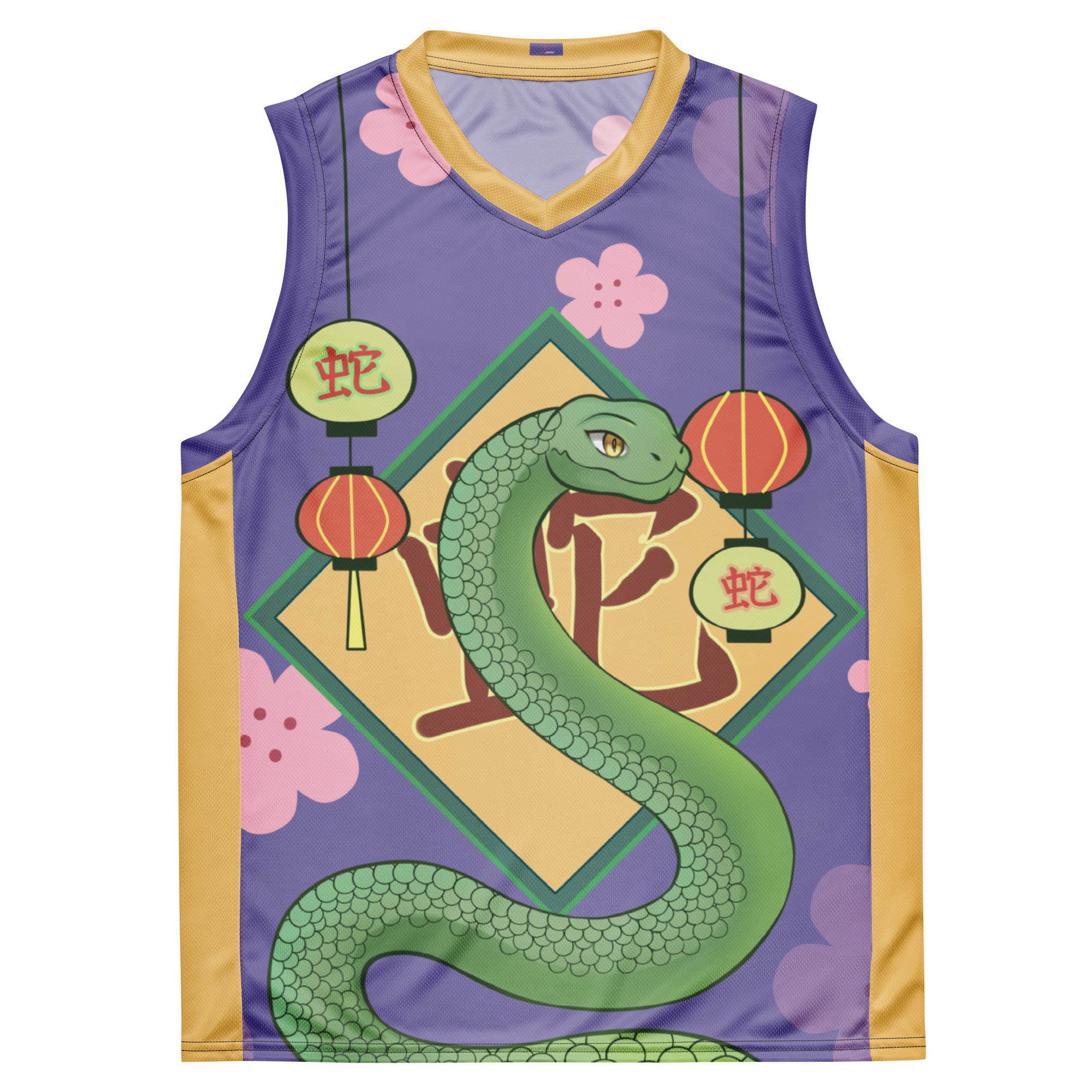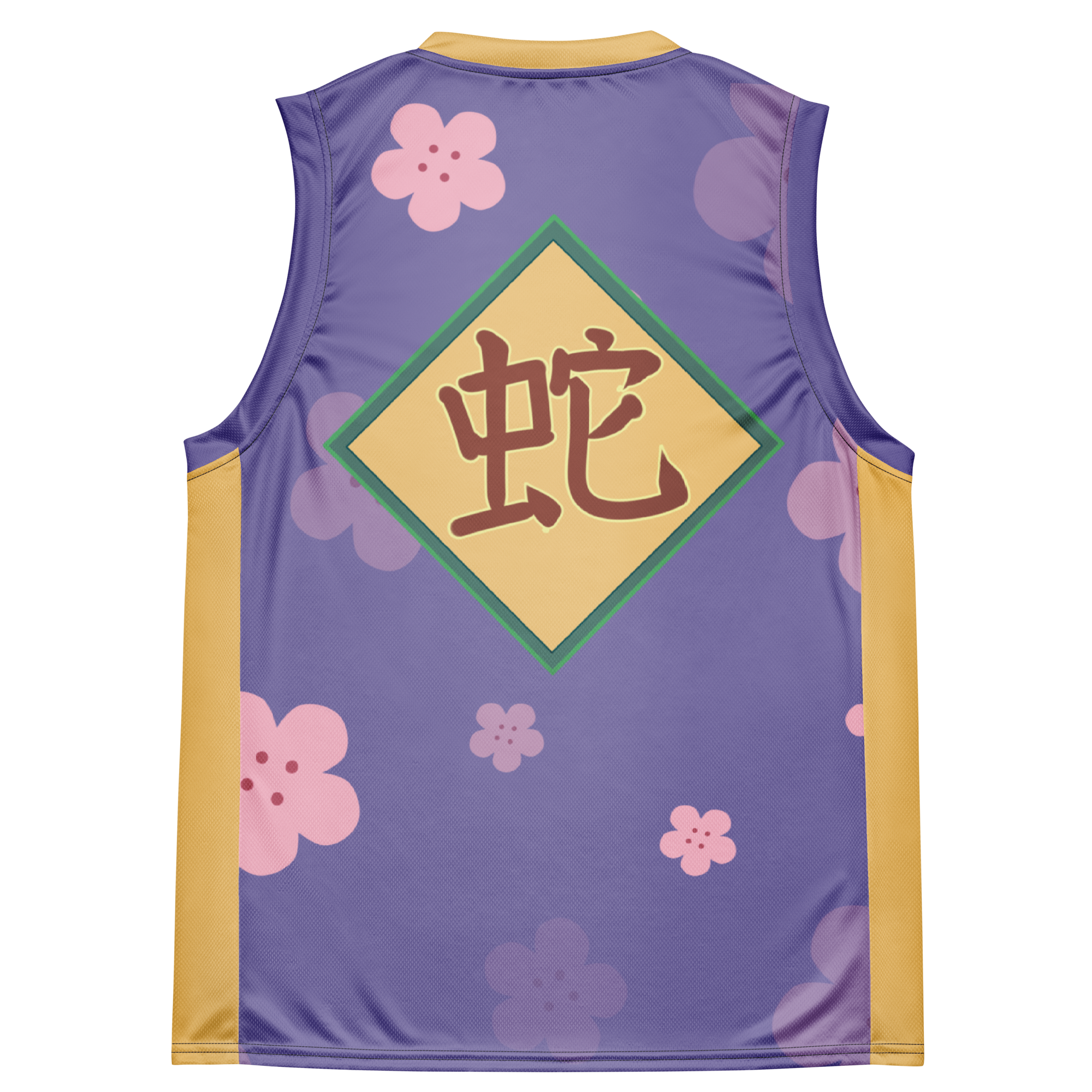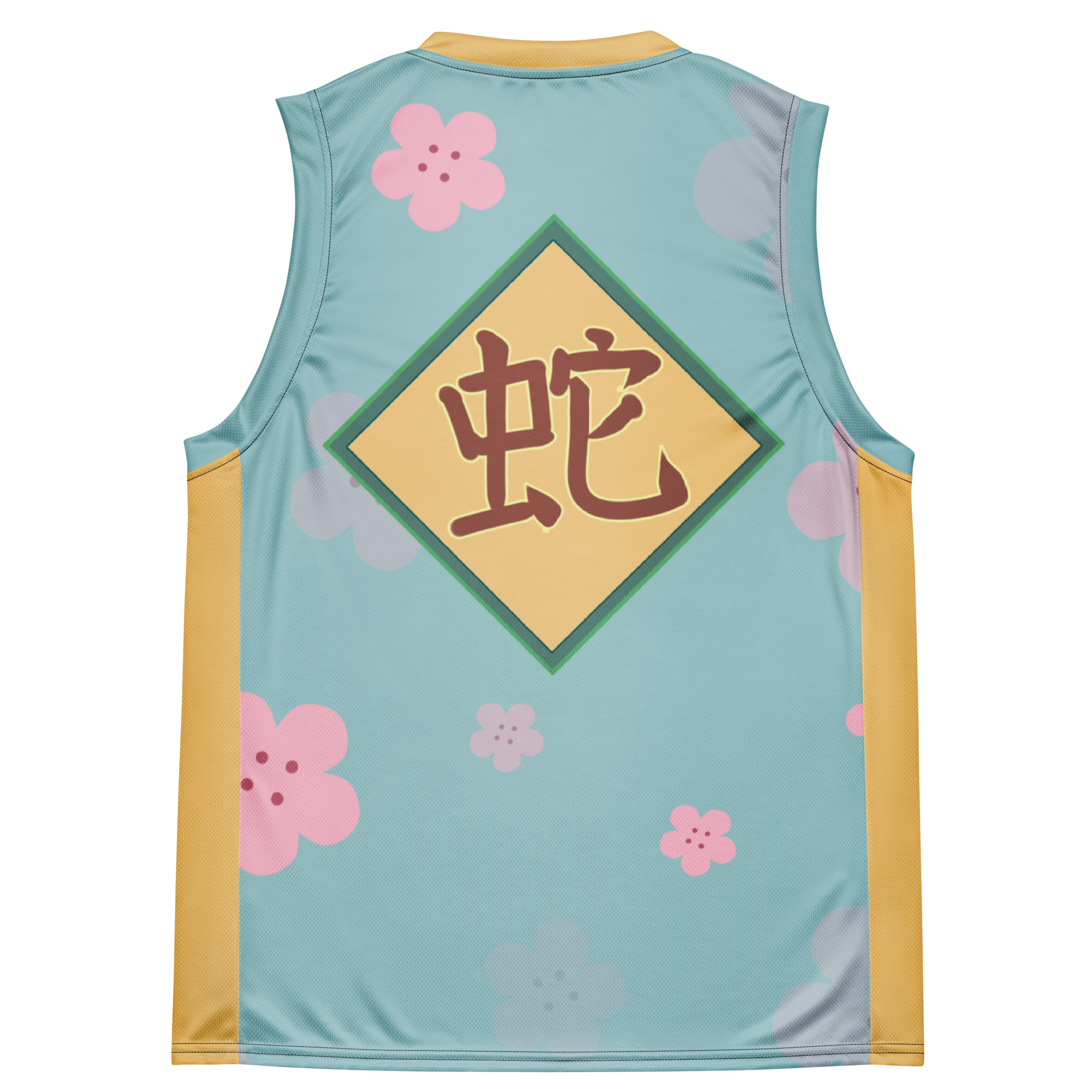From Newcomer to Natural: 5 Japanese Series That Teach Social Savvy

Navigating social etiquette in Japan can be both intriguing and intimidating for newcomers. Understanding Japanese social norms is not just about grasping the correct behavior but also showing respect and a genuine interest in the culture you are engaging with. Social etiquette in Japan is deeply rooted in historical values and cultural practices that emphasize modesty, humility, and respect (Mai-ko).
Observing these social customs can significantly improve your interactions and help avoid misunderstandings. Even small gestures such as punctuality are seen as a sign of respect, as being on time reflects the value placed on other people's time (JapanesePod101).
One unique and engaging way to learn about these intricate social norms is through Japanese TV shows. Japanese series often provide a relatable, real-world context where social interactions play out. These shows offer viewers a window into the subtleties of everyday interactions, and they can be particularly insightful for understanding both the explicit and implicit rules of Japanese social etiquette.
To get a comprehensive understanding of Japanese social norms, we will explore five distinct television series that highlight various aspects of social interactions:
-
Terrace House: Real-Life Social Dynamics
This reality show features unscripted interactions among housemates, providing an authentic look at natural Japanese conversations and relationships. Through this series, viewers can learn about subtle social cues and expectations. -
Midnight Diner: The Art of Listening and Empathy
Set in a small late-night diner, this show portrays diverse characters and their stories, emphasizing the importance of attentive listening in Japanese culture. It also touches on food-related social customs. -
Good Morning Call: Navigating Relationships and Boundaries
This drama delves into the social dynamics between young adults, shedding light on Japanese concepts of personal space and privacy, as well as communication styles in romantic relationships. -
Alice in Borderland: Group Dynamics Under Pressure
In this high-stress survival series, viewers can observe how Japanese people interact and make decisions under pressure, illuminating the balance between individual needs and group harmony. -
Why Did You Come to Japan?: Cross-Cultural Interactions
This documentary series offers insights into how Japanese people interact with foreigners, highlighting cultural expectations and potential misunderstandings. It also showcases polite conversation techniques with strangers.
These series are more than just entertainment; they are practical tools for understanding and integrating into Japanese society. By observing the characters and their interactions, you can gain valuable insights that can be applied in real-life social situations.
By understanding the context provided by these shows, you can better navigate and appreciate the social landscape of Japan. This understanding sets the stage for delving deeper into each series and the unique social lessons they offer.
1. Terrace House: Real-Life Social Dynamics
Terrace House is a unique and captivating Japanese reality show where six strangers—three men and three women—live together in a beautiful home. Unlike most reality TV, the producers do not impose a script, but they nudge housemates towards specific topics to create an engaging story (Compulsive Confessions, Wikipedia). This unscripted format allows viewers to see how real Japanese people navigate daily interactions.
One of the most intriguing elements of Terrace House is the authentic social dynamics that unfold. Viewers witness the housemates develop friendships, romances, and even confront conflicts. The show's format provides a genuine glimpse into everyday life in Japan, making it an invaluable resource for understanding Japanese social behavior (Wikipedia, Collider).
Unlike Western reality shows, where drama is often manufactured, Terrace House tends to focus on more mundane but nonetheless engaging aspects of life. Conversations around the dinner table, casual hangouts, and shared house chores are depicted as essential elements in bonding, making the show resonate with its audience for its authenticity (Reddit).
A fascinating aspect of Terrace House is the subtle social nuances that are on full display. For instance, Japanese culture places a premium on harmony and mutual respect, traits that are evident in how housemates interact. Conflict is usually managed in a very composed manner, with an emphasis on maintaining group harmony—a key value known as "wa" (AJET Connect).
Moreover, indirect communication is a significant part of the Japanese interpersonal style. The concept of "reading the air" (kuuki wo yomu) is crucial, meaning that understanding unspoken feelings and intentions is key to smooth interactions. The show abounds with such examples, offering valuable lessons in comprehending these unspoken rules (AJET Connect).
By watching Terrace House, you can gain insights into:
-
The importance of non-verbal communication.
-
The emphasis on group over individual desires.
-
How respect and politeness anchor Japanese social interactions.
Terrace House not only entertains but also serves as an educational tool. It helps viewers develop a nuanced understanding of Japanese social norms, making it easier to navigate real-life interactions in Japan.
Next, we dive into another facet of Japanese social dynamics through Midnight Diner, where empathy and attentive listening take center stage.
2. Midnight Diner: The Art of Listening and Empathy
"Midnight Diner" is a heartfelt Japanese drama centered around a late-night eatery owned by the enigmatic "Master" (Kaoru Kobayashi) (Wikipedia). Located in Tokyo, this diner serves as a sanctuary for a diverse group of patrons seeking solace and understanding over simple but comforting meals. The Master, with his mysterious yet approachable demeanor, provides not just food but a safe environment for storytelling and connection (IMDb).
One of the core elements of "Midnight Diner" is the Master’s exceptional ability to listen actively and empathetically. The art of listening in Japanese culture goes beyond mere auditory reception; it involves truly understanding and valuing another person's emotions and experiences (PsychCentral). The Master exemplifies this through his interactions with customers, creating a compassionate atmosphere where patrons feel heard and appreciated.
The beauty of "Midnight Diner" lies in its celebration of human connection through empathy. Each episode delves into the lives of the clientele, unveiling their struggles, dreams, and heartaches (BFI). The Master’s role goes beyond being a chef; he is a confidant, wise observer, and friend. This, in turn, fosters a sense of community within the diner.
Food-Related Social Customs
Food in Japan is not just sustenance but a medium for social interaction and cultural expression. The Master’s menu is minimal, featuring staples like Tonjiru (pork soup), yet he is willing to accommodate special requests, reflecting the personalized care he offers (Japanese Pantry). Shared meals create an intimate setting where characters reveal their vulnerabilities and make genuine connections.
By watching "Midnight Diner," you'll learn about:
-
The importance of empathetic listening in fostering relationships.
-
How vulnerability and openness can draw people together.
-
The value of creating a safe and welcoming space for dialogue.
"Midnight Diner" is a poignant reminder of how empathy and understanding can bridge gaps and build bonds among people from all walks of life.
Up next, we explore another facet of Japanese social norms through "Good Morning Call," where young adults navigate relationships and personal boundaries.
3. Good Morning Call: Navigating Relationships and Boundaries
"Good Morning Call" offers a relatable peek into young adults' social dynamics in Japan. The series is about high school students Yoshikawa Nao and Uehara Hisashi, who wind up sharing an apartment due to a scam (IMDb). At first, their relationship is rocky, but they slowly develop feelings for each other. The show delicately balances humor, romance, and valuable lessons about navigating friendships, romantic relationships, and the complexities of living with someone.
One critical aspect that "Good Morning Call" brings to light is the Japanese concept of personal space and privacy. In Japan, personal space is deeply respected and plays a significant role in social interactions. Standing closer than arm’s length can make people uncomfortable, especially in new relationships (CultureCrossing). This cultural norm is often seen in the awkward yet endearing moments between Nao and Uehara as they navigate their new living arrangement.
The show is an insightful guide into how romantic relationships unfold in Japanese culture. Uehara, typically reserved, slowly opens up about his feelings for Nao in a manner that reflects the Japanese tendency towards indirect communication. Initially, his slow emotional expressions might confuse or frustrate some viewers. By the end, however, Uehara’s subtle declarations of affection highlight the importance of actions over words in Japanese relationships (TV Tropes).
Moreover, the secondary characters like Daichi and Issei provide additional perspectives on unrequited love, boundaries, and emotional support. Each character's approach to handling their feelings underlines the significance of honesty and communication in healthy romantic relationships (Sawalsite).
The series underscores the importance of setting and maintaining healthy boundaries in relationships. Whether it's Nao asserting her need for privacy or Uehara respecting her space, "Good Morning Call" teaches viewers how boundaries contribute to trust and respect (HelpGuide).
Boundary-setting isn't just about keeping physical distance; it involves emotional clarity as well. Nao and Uehara often have to negotiate their private needs and communal living space, showing viewers that clear communication fosters mutual respect and understanding (The Authentic Lane).
By exhibiting these social dynamics, "Good Morning Call" provides viewers with a nuanced understanding of relationship management, Japanese cultural expectations, and the importance of respectful communication. This newfound understanding is not just beneficial; it's crucial for anyone wanting to build meaningful connections in a Japanese context.
With the romantic and social blueprints provided by "Good Morning Call," viewers are now better equipped to navigate complex human relationships diplomatically. Moving forward, let’s take a look at how Japanese people interact in uniquely stressful situations.
4. Alice in Borderland: Group Dynamics Under Pressure
"Alice in Borderland" takes viewers into a dystopian setting where individuals must navigate life-or-death games. These high-stress situations reveal the complexities of human behavior and social structures, making it a rich source for understanding group dynamics under pressure.
The show presents a variety of scenarios where group decisions can mean the difference between life and death. Under extreme stress, participants form and dissolve alliances, showcasing both the strengths and weaknesses of human collaboration. Observing these interactions provides insights into:
-
Trust Building and Trust Breaking: Trust is fundamental but fragile in high-pressure environments. The series illustrates how quickly trust can be built through cooperative actions and how swiftly it can be broken by betrayal.
-
Conflict and Resolution: Characters often face moral and ethical dilemmas that lead to conflicts within the group. Watching how they resolve these issues can teach us about Japanese approaches to conflict management Culture at Work.
Japanese society highly values group harmony and consensus-building, even in the face of stress. This cultural norm is known as "nemawashi," which involves informal discussions to gain consensus before a decision is made Japan Intercultural. In "Alice in Borderland," characters often utilize this process to make collective decisions, showing how even in peril, Japanese cultural practices influence behavior.
-
Nemawashi in Action: Before making a critical move, characters frequently seek input from all group members, ensuring everyone feels heard and valued. This approach can delay decision-making but often results in stronger, more committed group action.
-
Ringi System: The formal counterpart to nemawashi, the ringi system, also appears. It involves proposing solutions that are circulated among group members for input and approval Tokhimo.
The series highlights the constant negotiation between individual desires and group needs. This balance is crucial in Japanese culture, which prioritizes "wa," or harmony, within social groups Wikipedia. Characters must often sacrifice personal gain for the group's survival, illustrating:
-
Self-Sacrifice for the Collective Good: Instances where characters put the group's well-being above their own safety underscore the importance of collective harmony over individual interests.
-
Maintaining Wa: The effort to maintain harmony often involves suppressing personal opinions and desires to avoid conflict, a common practice in Japanese social interactions Culture at Work.
"Alice in Borderland" offers a dramatic but enlightening look into how stress influences Japanese social dynamics. By examining the series, viewers can better appreciate:
-
The critical role of trust and cooperation in extreme conditions.
-
The importance of consensus-building in group decision-making.
-
The cultural emphasis on harmony and self-sacrifice for the group's benefit.
Understanding these elements through the lens of a high-stress environment provides valuable lessons applicable to everyday interactions, whether in Japan or beyond.
Next, we’ll explore the nuances of cross-cultural interactions through the lens of another intriguing series.
5. Why Did You Come to Japan?: Cross-Cultural Interactions
One of the unique aspects that "Why Did You Come to Japan?" sheds light on is the interaction between Japanese people and foreigners. In Japan, foreigners often stand out due to their different appearances and cultural behaviors. This can lead to a mix of curiosity, admiration, and sometimes, hesitation from locals. Many Japanese people may be initially reserved, as there's a strong cultural value placed on maintaining social harmony and avoiding confrontations. Therefore, interactions can feel formal or overly polite, which could be misunderstood as disinterest or aloofness by outsiders.
Foreigners might find themselves the subject of attention, especially outside major cities like Tokyo and Kyoto. This attention usually stems from curiosity rather than malice. It's common for interactions to be somewhat scripted, as many Japanese adhere to societal expectations in their dealings with others, including foreigners. This formality helps maintain order but can feel impersonal if you're not familiar with the cultural context (Quora).
Cultural expectations play a significant role in Japanese society. For example, physical contact is minimized. A simple nod is often used to indicate listening and acknowledgement rather than agreement, which can be misinterpreted by those from cultures where directness is the norm (CulturalAtlas.sbs).
Misunderstandings often arise from differences in nonverbal communication. Japanese people tend to avoid direct confrontations and expressing intense emotions publicly. This may be seen as being "indirect" or "polite," which can be confusing for foreigners used to straightforward communication (Preply).
Politeness in conversation is a cornerstone of Japanese interactions, especially with strangers. In many instances, politeness is not necessarily an indicator of genuine friendliness but a social norm aimed at preserving harmony. Nodding during conversations, minimal use of large gestures, and maintaining a pleasant demeanor even when disinterested are all part of this cultural response (TodayTranslations).
Interacting with locals can be easier if you understand and respect these subtleties. While it might take time for a deeper connection to form, showing respect for local customs and making an effort to understand the unspoken rules will help bridge the cultural gap.
Understanding these nuances can provide valuable lessons for anyone looking to navigate social interactions in Japan, making your cross-cultural experiences more enriching.
Stay tuned for more insights on applying these valuable lessons to real-life interactions.
Conclusion
Through the journey of exploring Japanese TV series, we've gained profound insights into social norms and interactions. Let's recap the key takeaways:
-
Terrace House: Real-Life Social Dynamics
This unscripted reality show gives us a raw look at authentic social dynamics and relationship-building among housemates. Key lessons include understanding subtle social cues and mastering natural conversation patterns typical in Japanese culture. It emphasizes the importance of observing and respecting unspoken norms. -
Midnight Diner: The Art of Listening and Empathy
Set in a late-night diner, this series teaches the power of active listening and empathy. The show's characters reveal their deepest stories, teaching us the importance of creating a safe space for open communication. The art of empathetic listening is critical in fostering genuine connections. -
Good Morning Call: Navigating Relationships and Boundaries
This series delves into the world of young adults in Japan, highlighting how they navigate relationships and personal boundaries. It offers insights into understanding Japanese concepts of personal space and privacy. The show also explores communication styles in romantic relationships, emphasizing respect and consideration. -
Alice in Borderland: Group Dynamics Under Pressure
Set in a dystopian world, this series examines how people interact under extreme pressure. It highlights the complexities of trust, competition, and cooperation in high-stress environments. Key lessons include the importance of teamwork, leadership, and maintaining group harmony while balancing individual needs. -
Why Did You Come to Japan?: Cross-Cultural Interactions
This show provides a window into how Japanese people interact with foreigners, showcasing cultural expectations and potential misunderstandings. It emphasizes the significance of polite conversation techniques and the subtle nuances of cross-cultural communication.
Watching these series is just the beginning. To apply what you've learned:
-
Practice Active Listening: Just like in "Midnight Diner," make a conscious effort to listen attentively and respond empathetically in conversations.
-
Observe Social Cues: Take cues from "Terrace House" to understand non-verbal signals and respond appropriately in social settings.
-
Respect Boundaries: In line with "Good Morning Call," be mindful of personal space and privacy, especially in new relationships.
-
Promote Teamwork: Foster cooperative environments by applying the lessons of trust and collaboration from "Alice in Borderland."
-
Engage Cross-Culturally: Emulate the polite and respectful interaction styles seen in "Why Did You Come to Japan?” to improve cross-cultural communication.
These TV series are invaluable tools for understanding complex social norms. But remember, learning doesn't stop here. Continue exploring more media and real-life experiences to deepen your understanding of Japanese culture. Engage with local communities, participate in cultural events, and practice the social skills you've observed.
By integrating the behaviors and lessons from these series into your daily life, you'll become more adept at navigating Japanese social interactions, enriching both your personal and professional relationships.


































Leave a comment